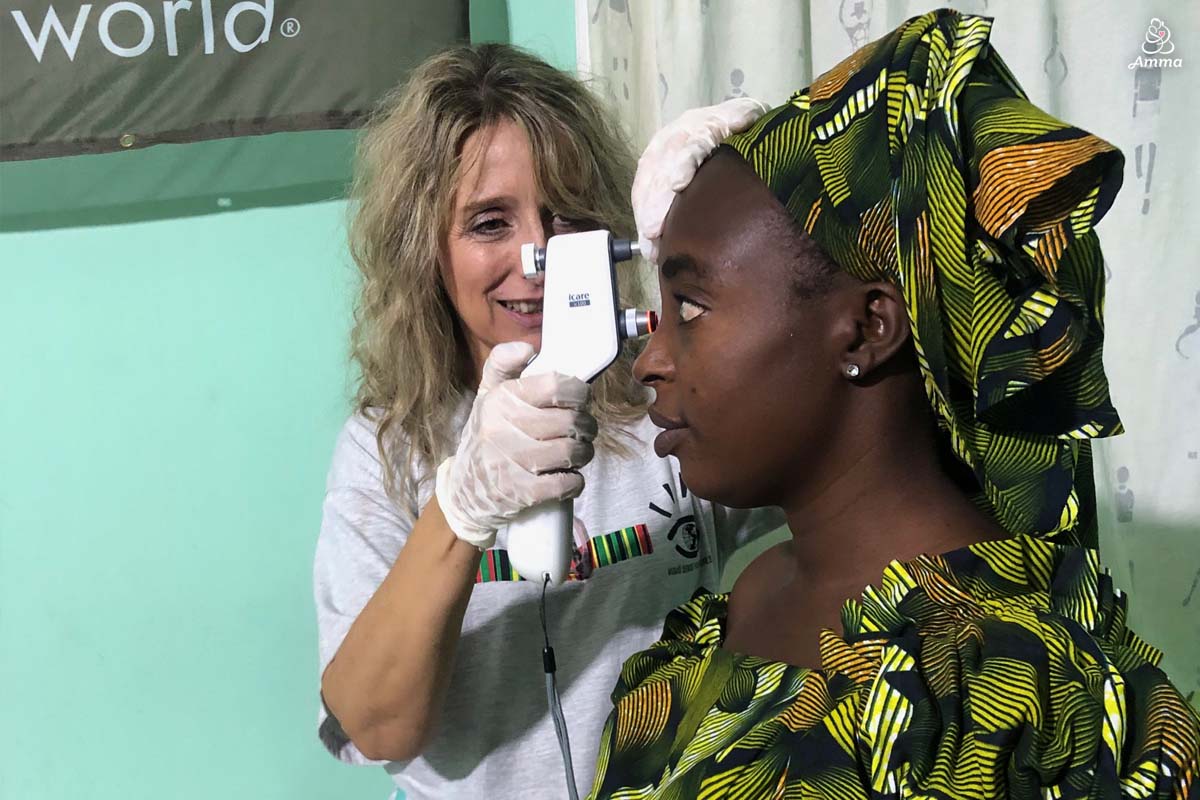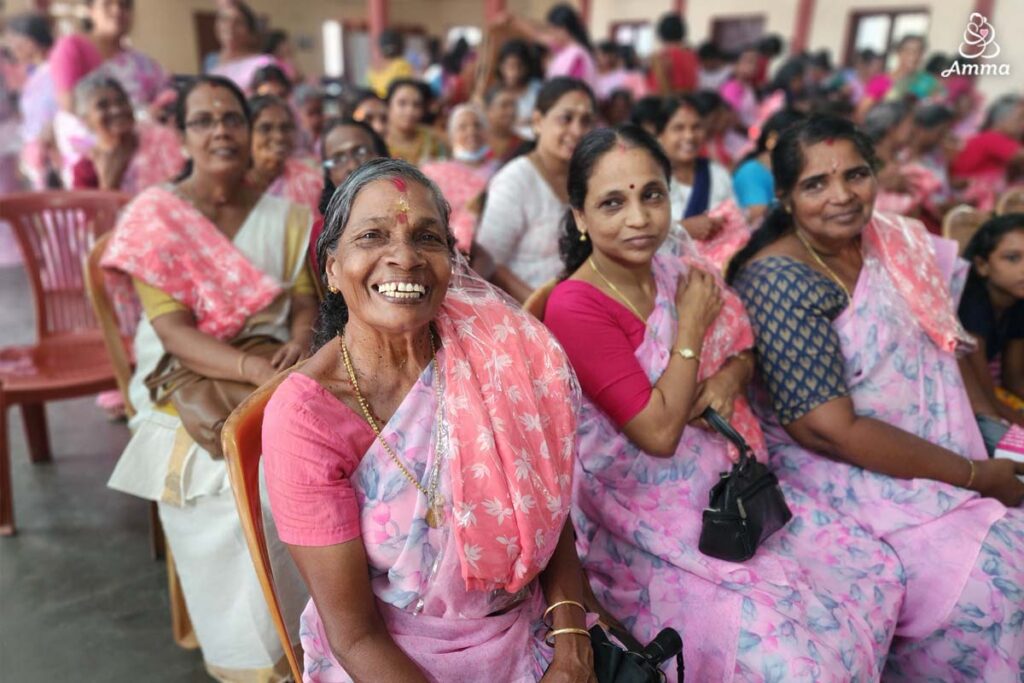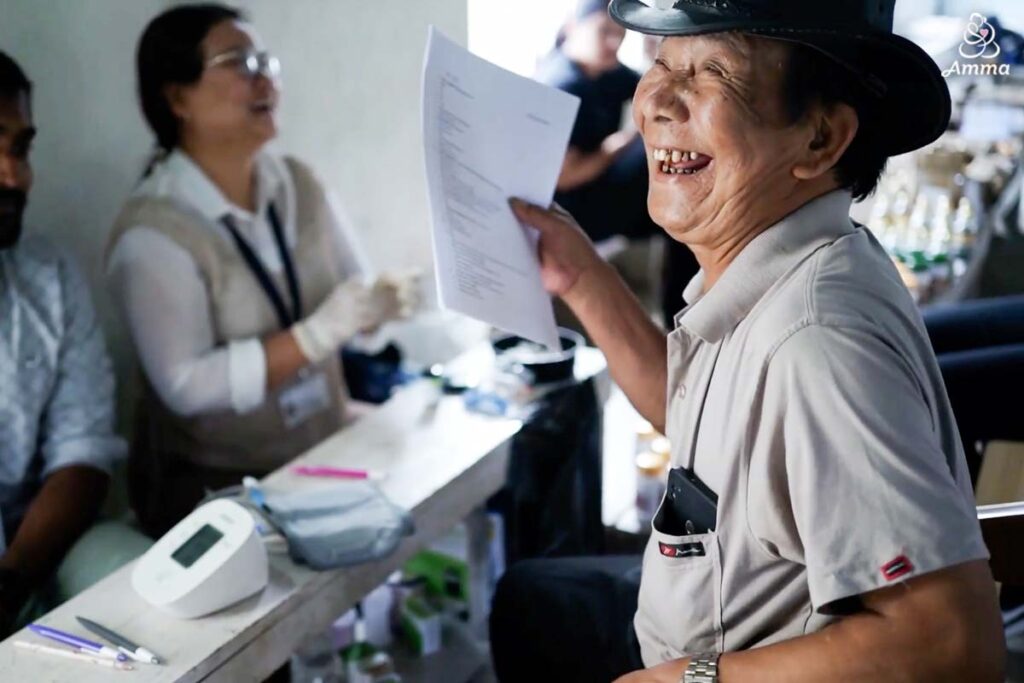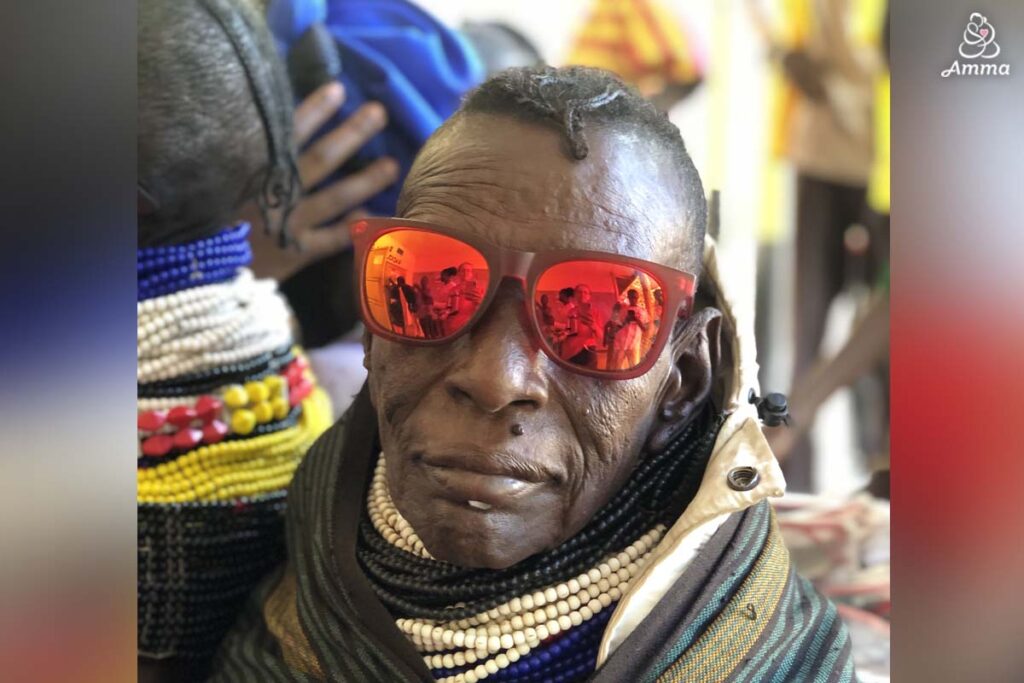Free cataract surgeries continue for people in impoverished and rural areas of Sub-Saharan Africa. In the past year, efforts have further reached Cameroon, Kenya, Senegal, and Sierra Leone. Doctors operated on 842 patients with more than 2,850 people reviewed.
The initiative began in 2011 in collaboration with the Spanish NGO Visió Sense Fronteres. Ophthalmologists, optometrists and nurses from Spain volunteer to connect with medical and community service organistions in each country so they can reach people in slums and remote tribal communities.
As of today, they have performed more than 9,100 procedures and provided over 36,600 pairs of eyeglasses. The teams have also travelled to Burkina Faso and Zambia.
Kenya
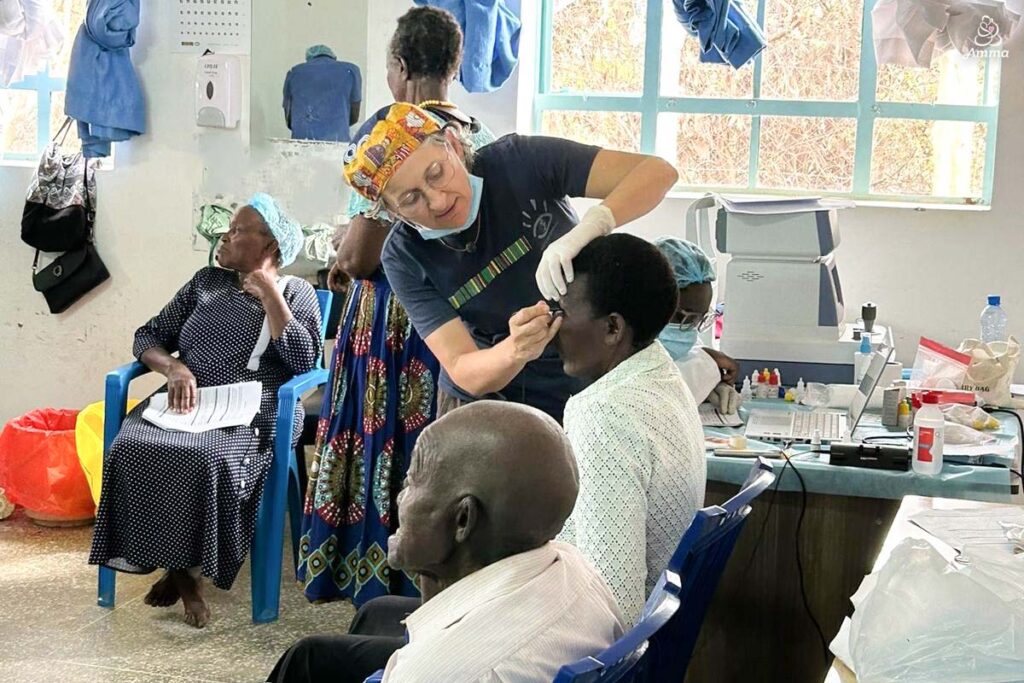
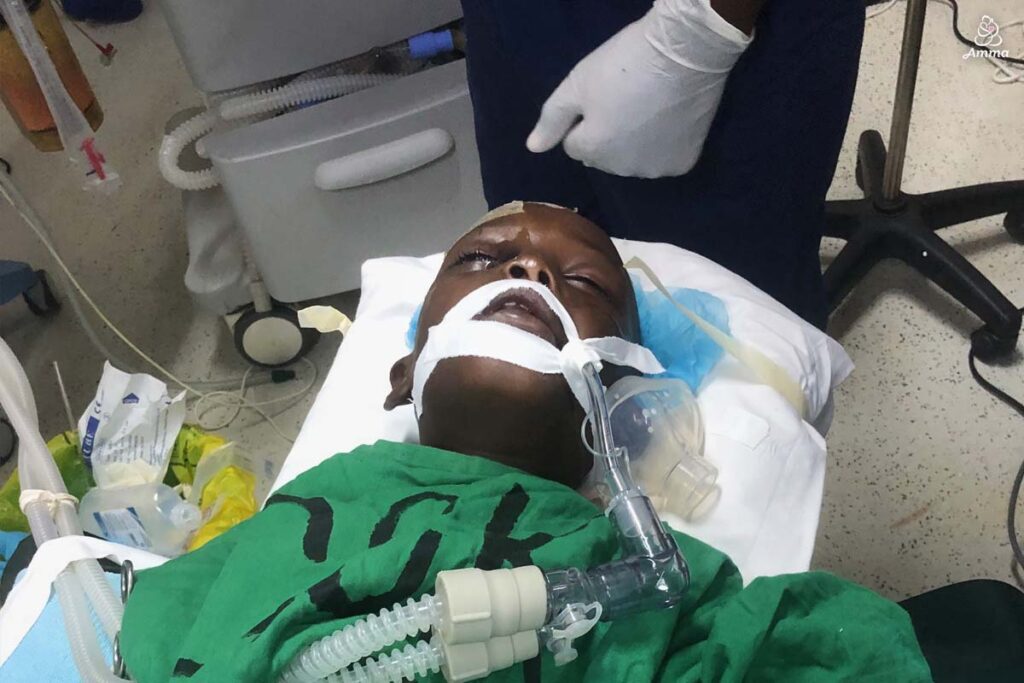
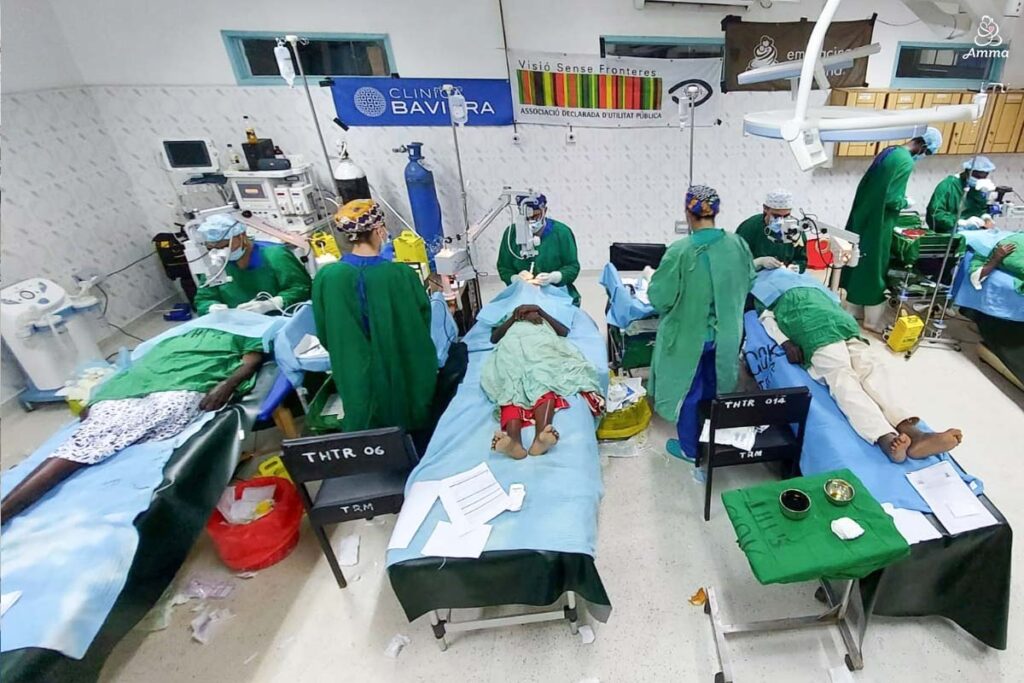
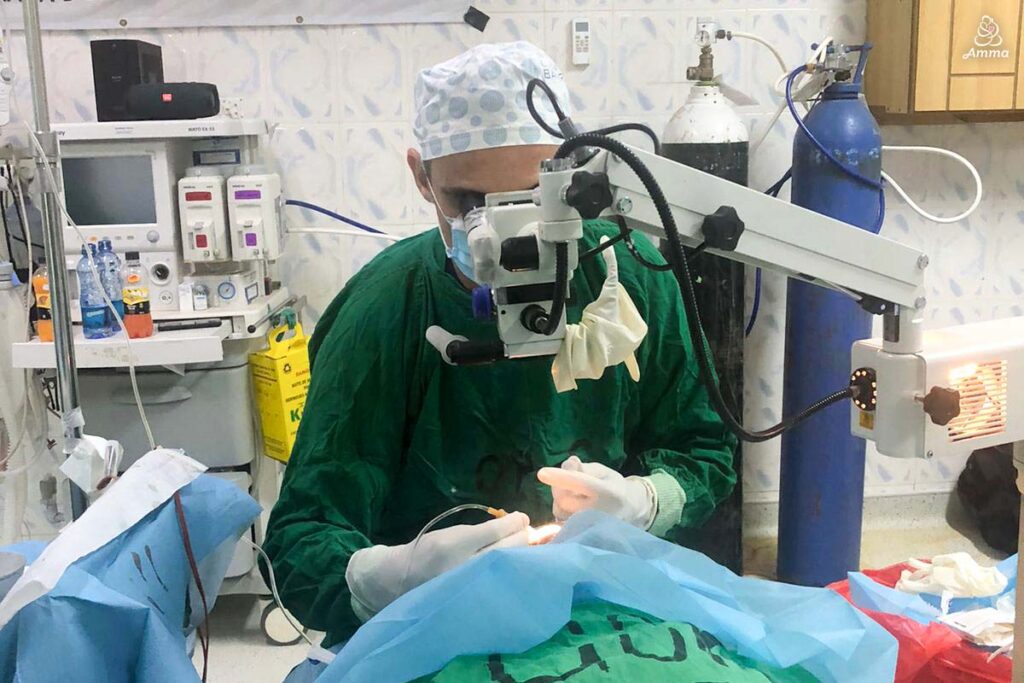
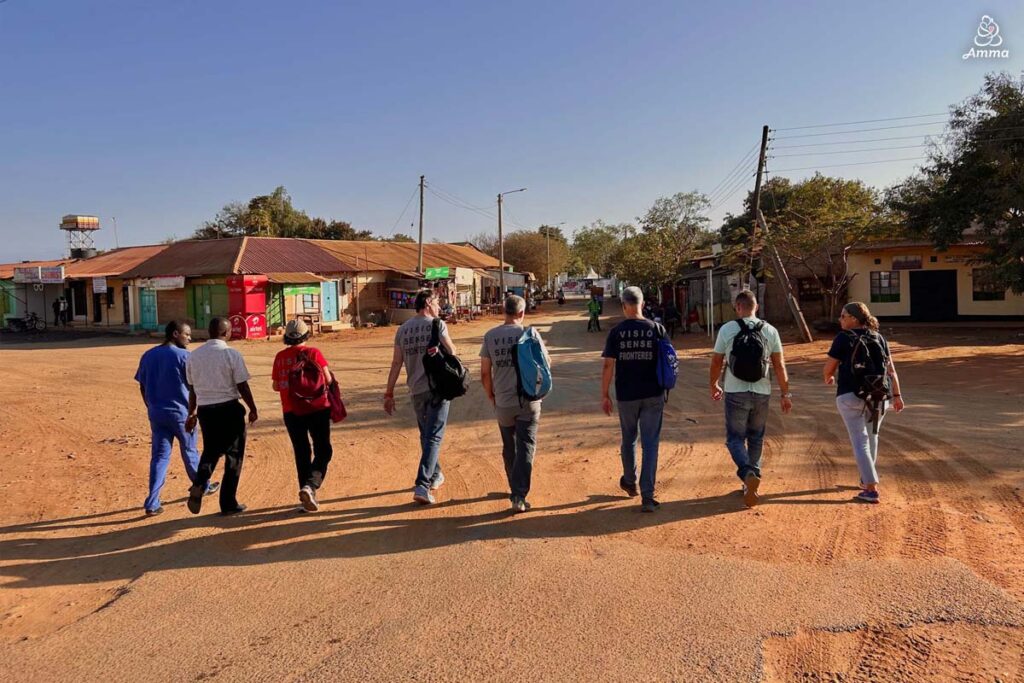
Date: August 25 to September 3, 2023
Place: Makindo Subcounty Hospital
Patients reviewed: 1166
Patients operated on: 277 surgeries
Eyeglasses donated: 277 sunglasses
The team performed the surgeries in the rural Makueni County in the south of the country. The total population of the region is one million and there is only one ophthalmologist for the 8000 km² area.
Senegal
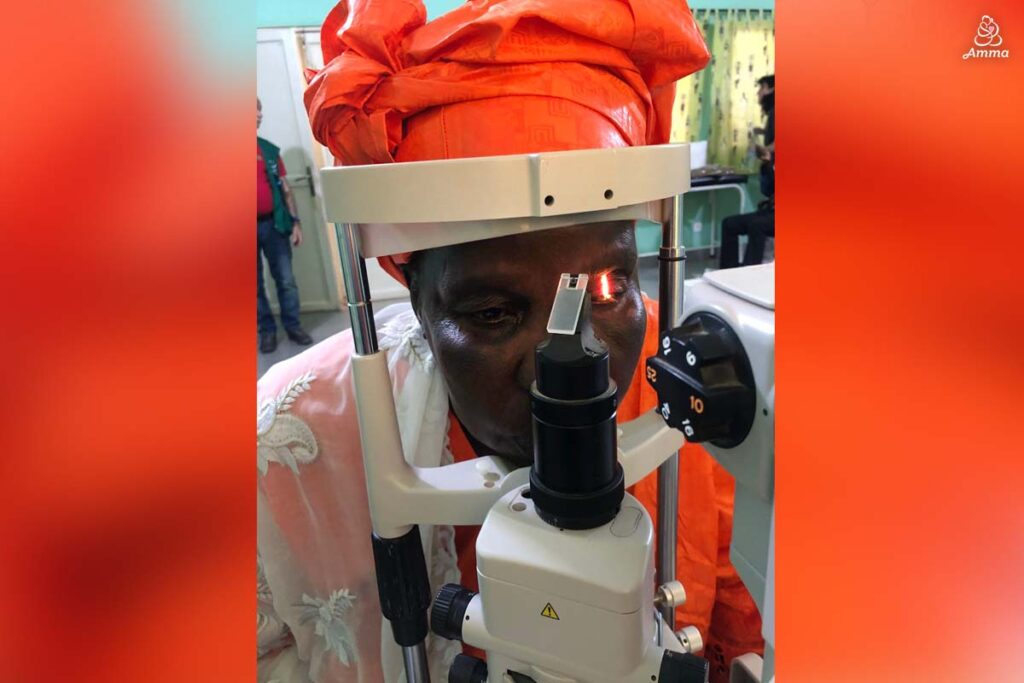
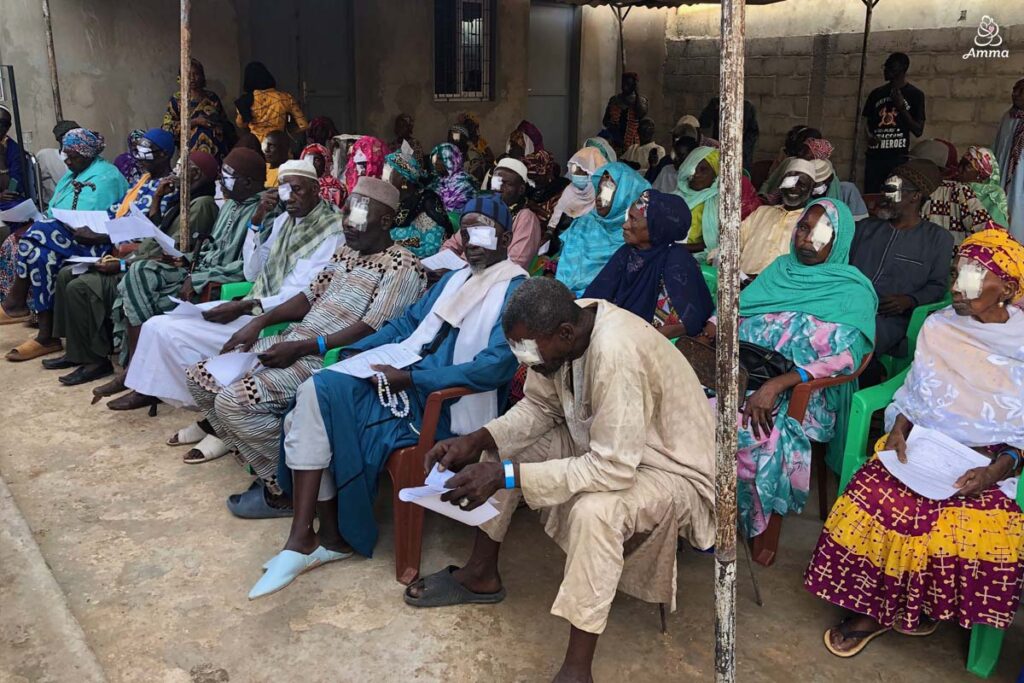
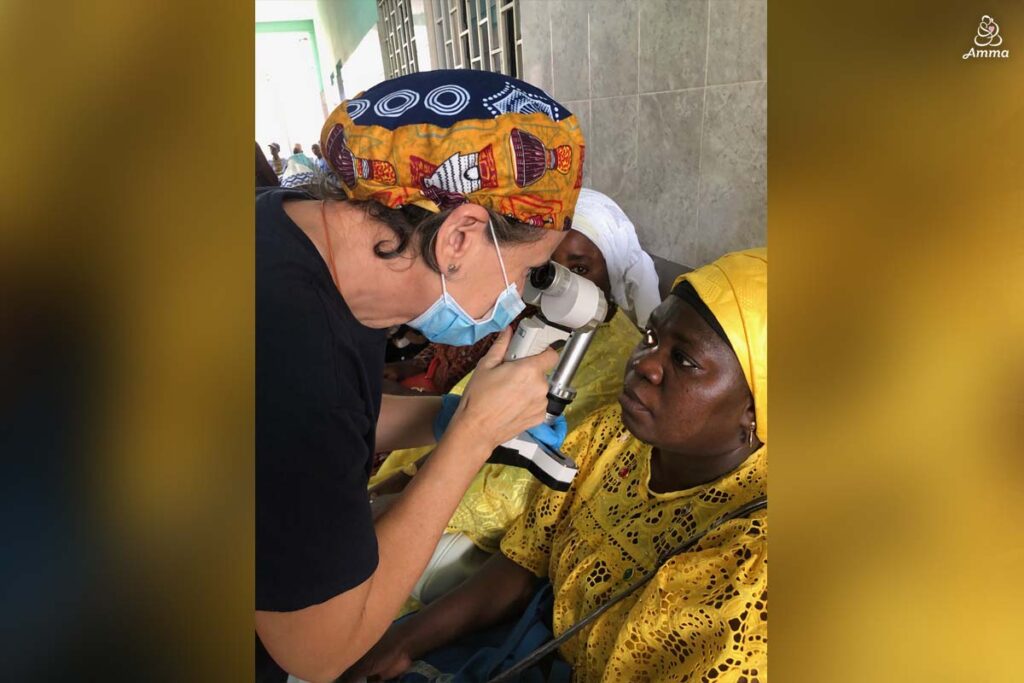
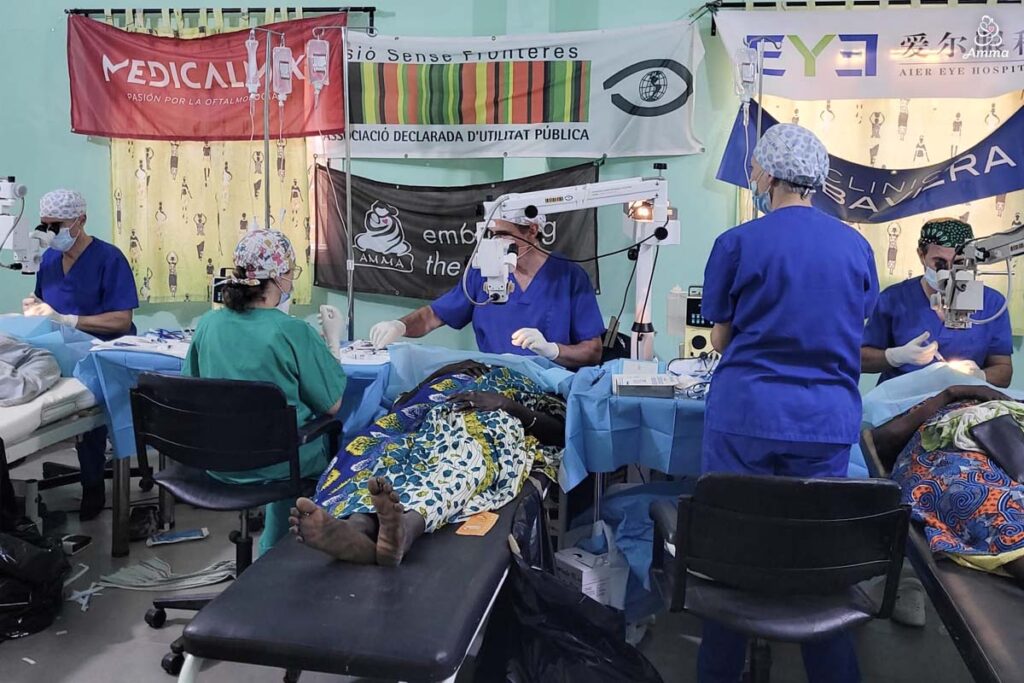
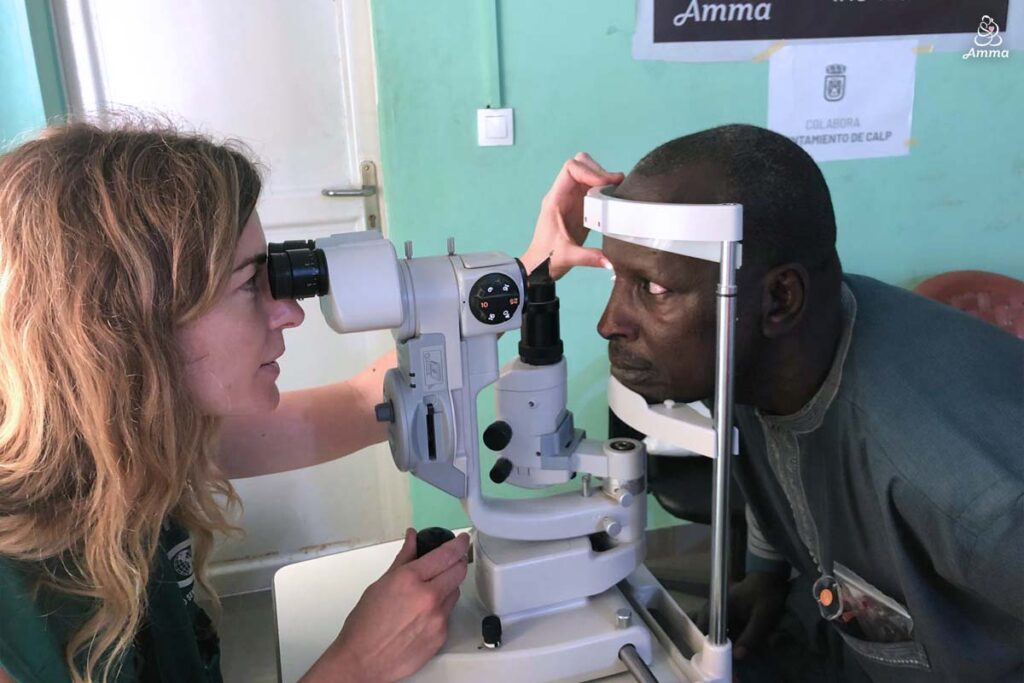
Date: December 2 to 10, 2023
Place: SAM SAM 3 Dispensary, Dakar
Patients reviewed: 290
Patients operated on: 205
Eyeglasses donated: 214 sunglasses
The surgeries took place in the highly impoverished neighbourhood of Sam Sam in Sicap Mbao on the outskirts of Senegal’s capital, Dakar. A hospital was not available, so the camp took place in a local dispensary. As well in this case, the medical team from Spain travelled to Senegal eight days before surgeries began in order to assess patients.
Sierra Leone
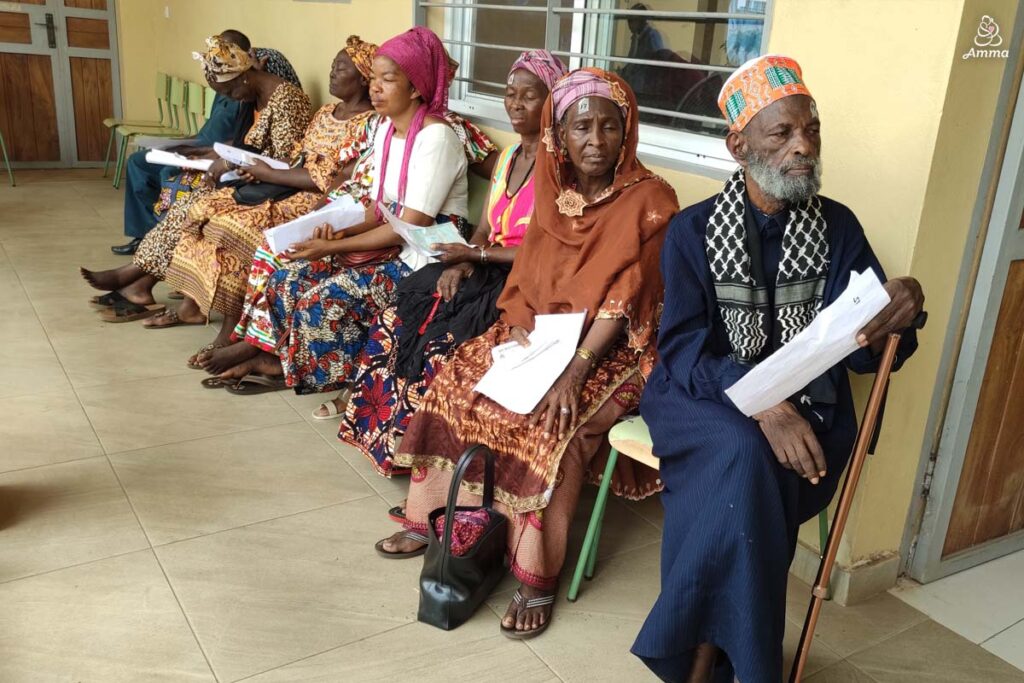
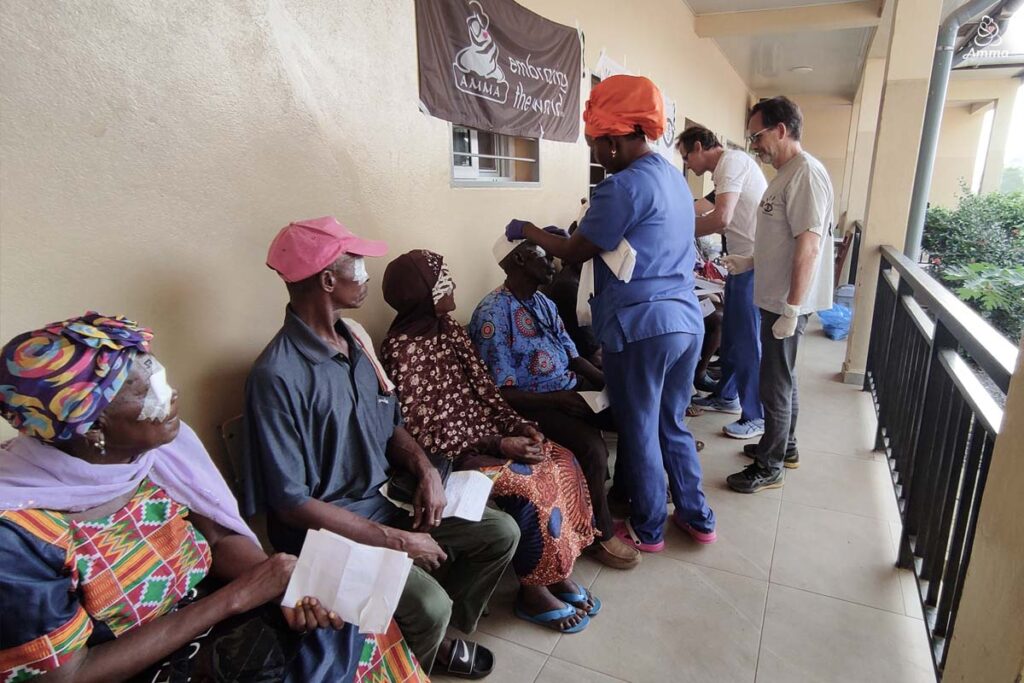
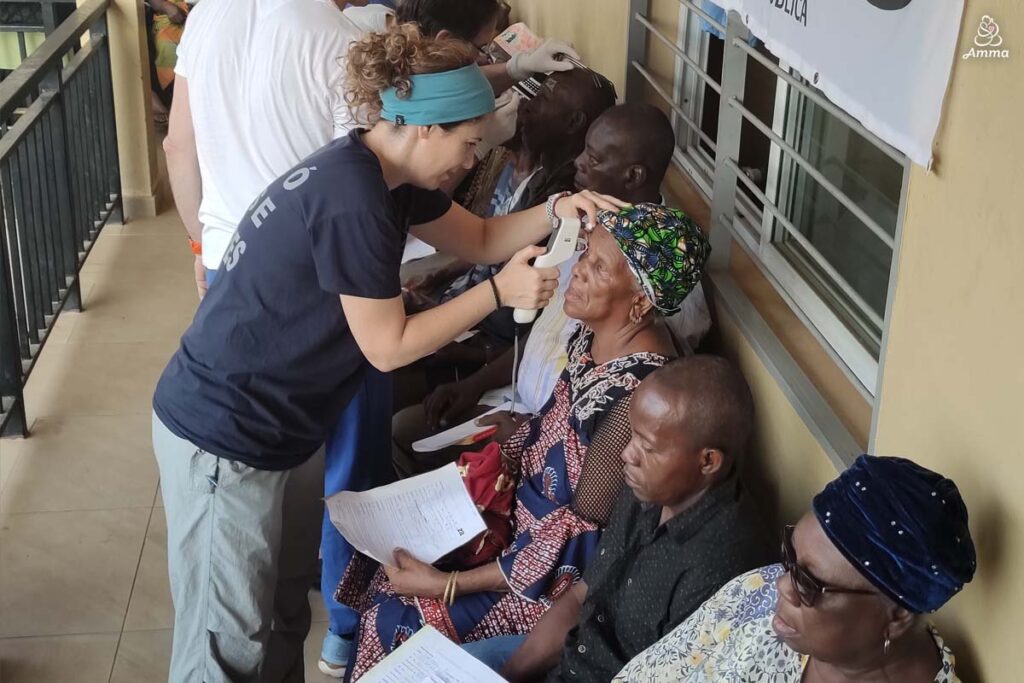
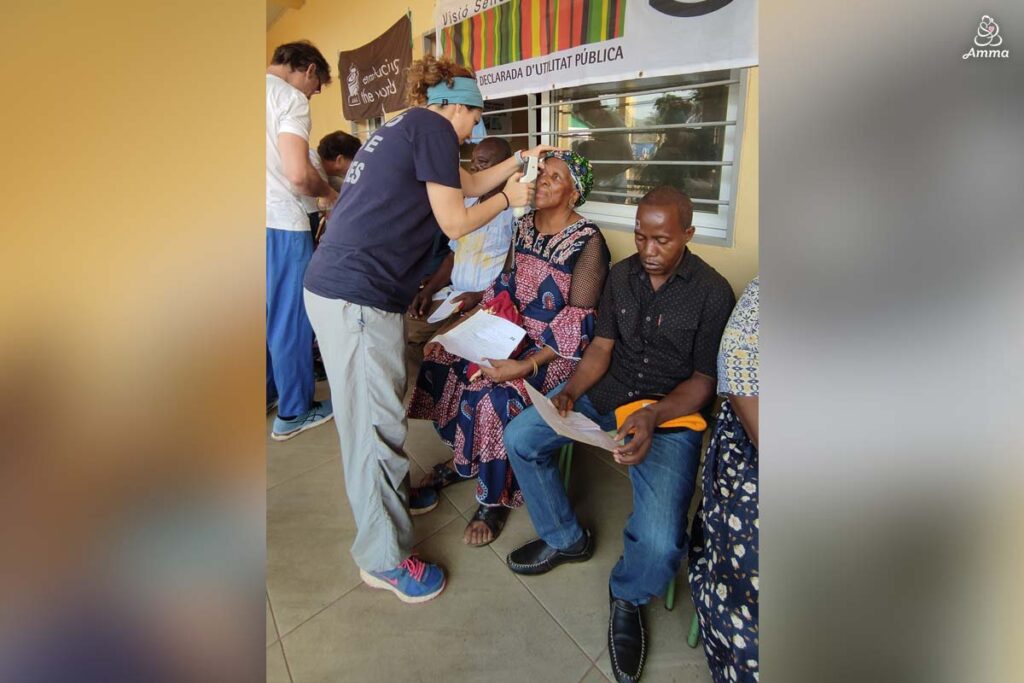
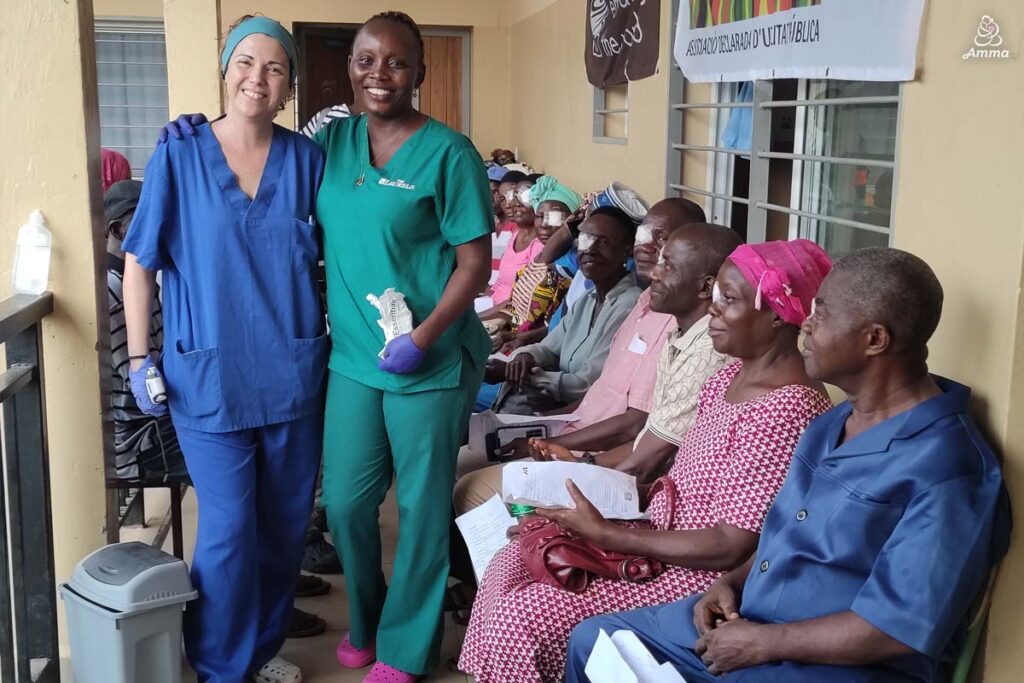
Date: March 20 to 31, 2024
Place: New Don Bosco Fambul Hospital
Patients reviewed: More than 500
Patients operated on: 215
Eyeglasses donated: 250 sunglasses and 50 reading glasses
Sierra Leone is a country that has been severely punished by its poverty, especially after the bloody civil war that ended in 2002. The consequences have put it at the bottom of all economic, social, educational and health indicators worldwide, making Sierra Leone one of the poorest countries in the world.
In 2022, Visió Sense Fronteres connected with the Catholic Monk Order of the Salesians of Don Bosco (SDB) in Freetown, the country’s capital. As part of their vast social services, SDB runs a small hospital for primary care. VSF began surgeries there and also sent two surgical microscopes and other medical equipment, making it possible to create an optometry department with its own operating room.
Cameroon
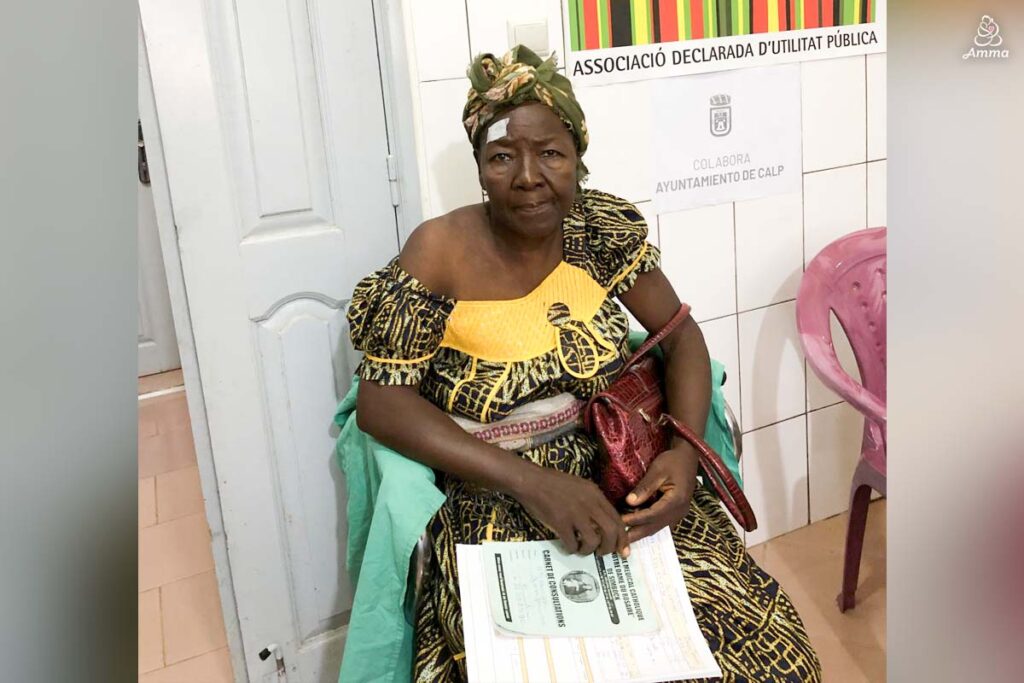
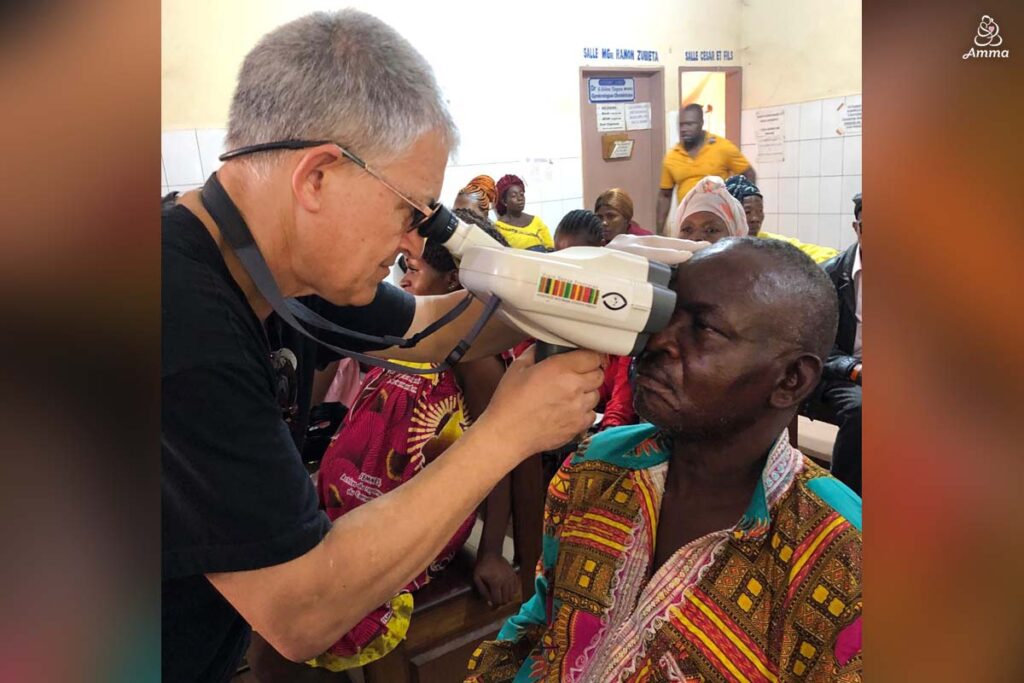
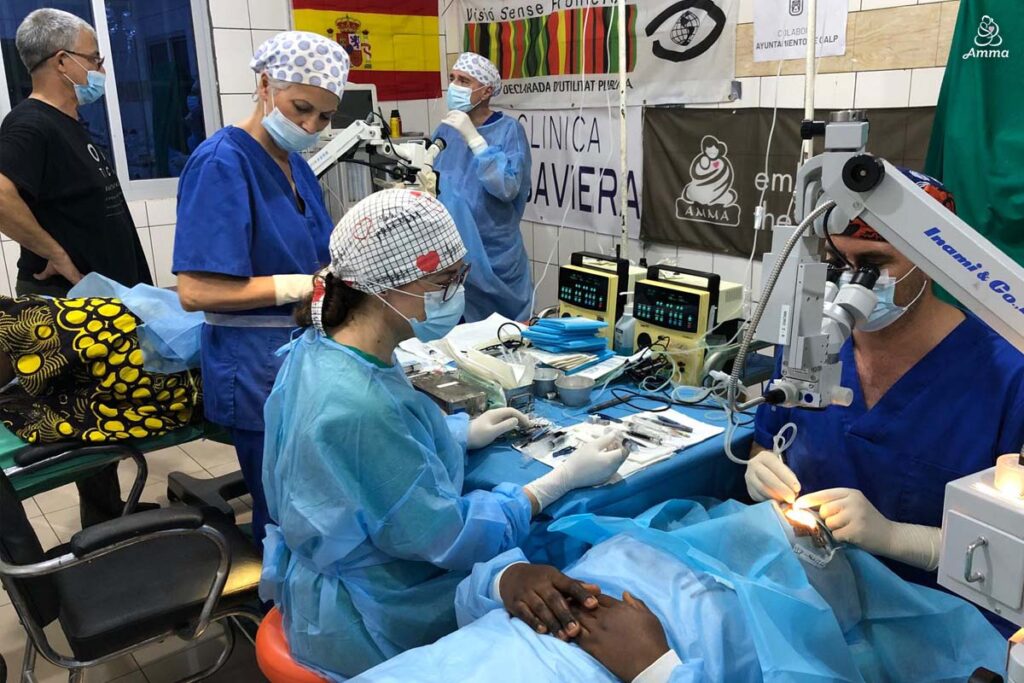
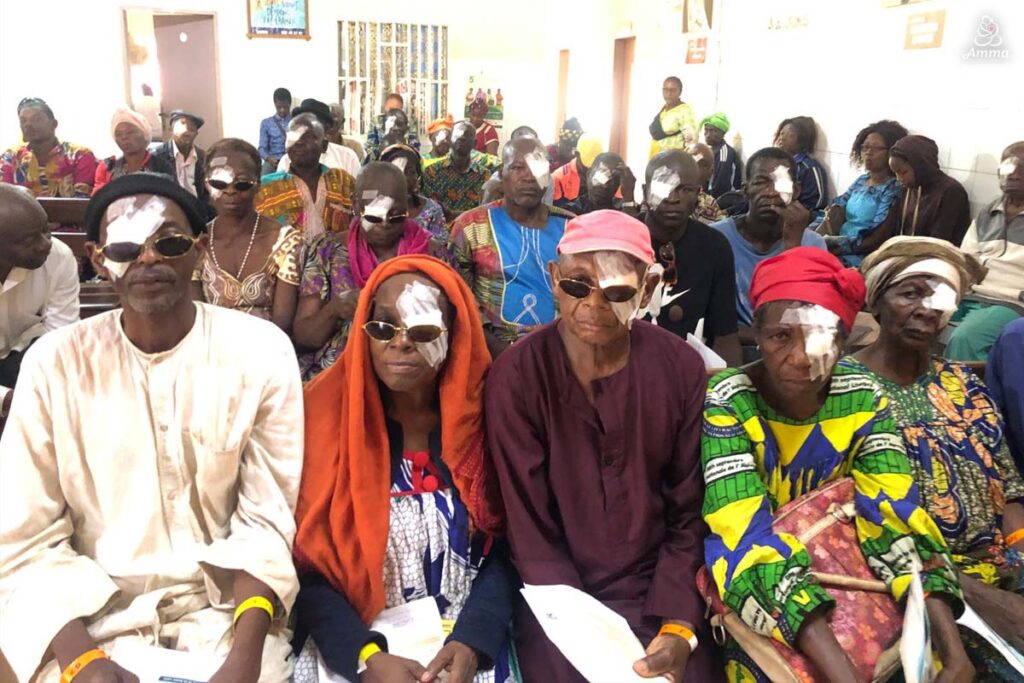
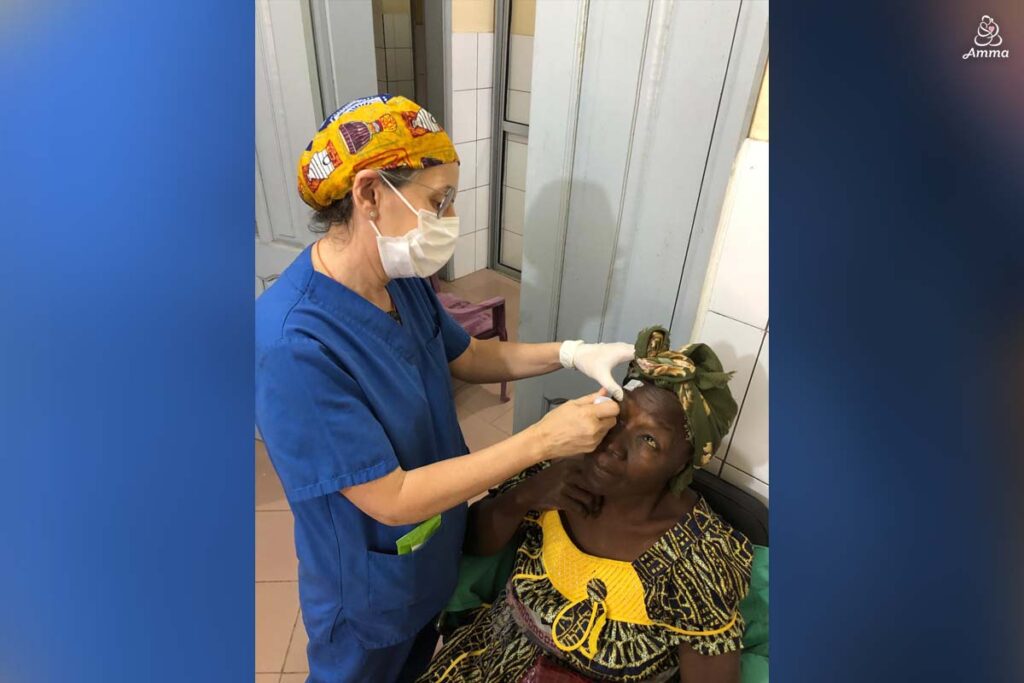
Date: March 27 to April 7, 2024
Place: Hospital of the Del Rosario Sisters, Yaoundé
Patients reviewed: About 900
Patients operated on: 145
Eyeglasses donated: 145 sunglasses
The project was developed on the outskirts of the capital of Cameroon, Yaoundé. The hospital has introduced an ophthalmology service with two nurses specialising in ophthalmology. They were also responsible for visits to rural areas for screening in advance of the medical camp.
How it works
The local nurses, healthcare workers and volunteer organisations visit slums and remote tribal areas to evaluate patients, most of the time about two weeks in advance. They also find a space in a central area where the surgeries can take place, usually a local hospital, dispensary, or community centre.
When the opthamologists and optometrists arrive from Spain, they spend one to two weeks screening the patients and then performing the procedures. They usually work 12 to 14 hours a day to serve as many people as possible. In some locations, they are able to join with local doctors and nurses, thereby further strengthening treatment in the communities.
Even once the camps start, new patients continue to arrive thanks to the outreach done by local teams and families sharing the news. The surgical candidates are deeply grateful for a chance to repair their vision, as they are not able to afford the surgery.
Their sight capacity usually ranges from some light perception or finger-counting, and in many cases the patients have been blind for years. This makes some of the operations very complex. As they also come from economically, and sometimes politically, unstable regions, the impact of our efforts is life-changing.
Post-procedure, the local teams review the patients after one week and then one month. After three months, the teams from Spain return to check on how the patients are doing. The success rates have been very high over the years. Most patients have stable vision, with some needing glasses.


